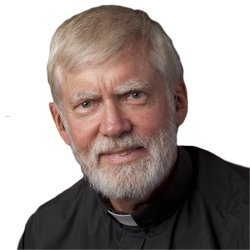
Fr. Harry J. Gensler, S.J., Ph.D., is a leading authority on Catholic philosophy, a Jesuit priest, and a Professor of Philosophy at Loyola University Chicago. He has a Ph.D. in Philosophy from the University of Michigan (1977), a Master of Divinity from Loyola University Chicago, and an M.A. in Philosophy from Wayne State University. He co-edited the first and only general Anthology of Catholic Philosophy, and his corresponding historical Christian Thinkers course is especially popular among Jesuit graduate students. He has published fourteen books, including Ethics: A Contemporary Introduction, Introduction to Logic, and Ethics and the Golden Rule, all with Routledge Press. His newest book is Ethics and Religion (Cambridge University Press, 2016).
Praise for Harry Gensler
“Gensler is the world’s most logical, clear, and good-humored teacher of the golden rule. Gensler’s super-clear and sometimes funny visual aids keep you laughing and learning. He clarifies misunderstandings and refutes cheap attacks on the rule; and he brings in practical wisdom, historical information, and diverse religious perspectives. This lecture series is not to be missed.”
– Jeffrey Wattles, Kent State University
“Professor Harry Gensler’s life-long fascination with the Golden Rule brings us works that meet the most rigorous scrutiny of philosophers and provide a simple and powerful moral tool any person can apply every day.”
– Leland R. Beaumont
“Harry Gensler has done outstanding and extremely important work on the Golden-Rule… His work is very clear, very strongly argued, and highly original. This work is an outstanding contribution to ethical theory and has many important applications in applied/practical ethics.”
– Thomas Carson, Loyola University Chicago
“Father Gensler is one of those rare professors and scholars who combines careful study of philosophical writing and argumentation with an astonishing capacity to communicate the results of that study to a wide and varied audience. He has studied Catholic Philosophy, through its long history, in broad detail.” – Dr. James Swindal, Dean of McAnulty College, Duquesne University
“Harry Gensler, S.J., is a first-rate ethicist, logician, and Catholic philosopher. His writings sparkle with clarity and conciseness in facing some of the most difficult problems of ethics, logic, and philosophy in general. They illuminate foundational issues in ways that benefit teachers, researchers, and students alike.” – Paul K. Moser, Professor of Philosophy, Loyola University Chicago

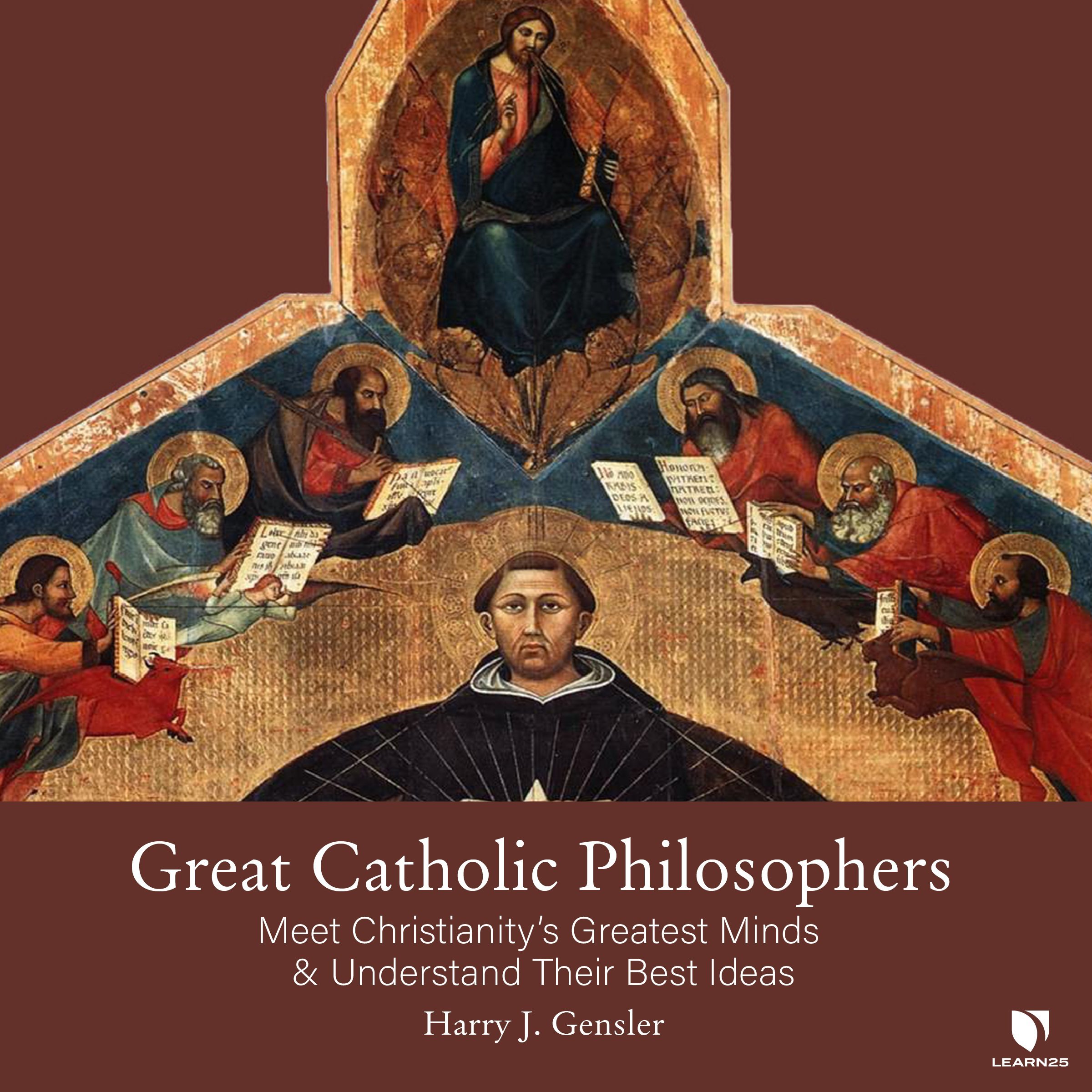
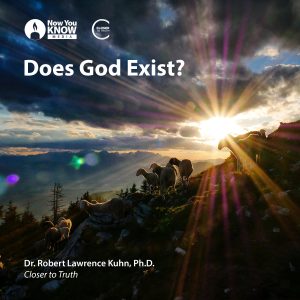
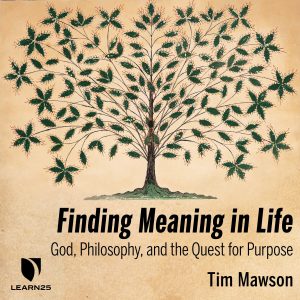
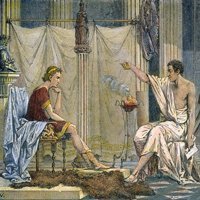
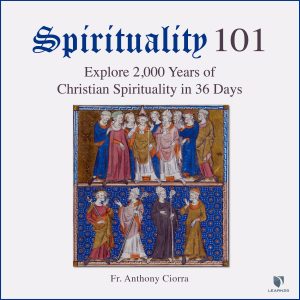
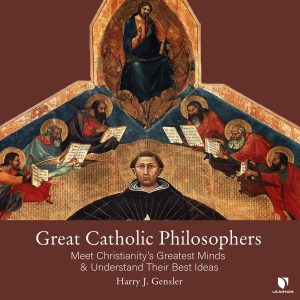
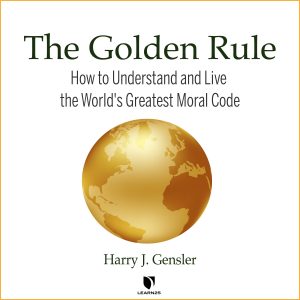


Timothy –
Good study of the arguments for the existence of God
I expected a wider range of Catholic Philosophical topics but the two focused on were very good. The most covered topic was the existence of God arguments. The full range of arguments were covered and the objections to each argument and the strength of the argument and objection considered. The second topic was a defense of Christianity in general and Catholocism in specific. This was best handeled by a review of Plantinga. I take a different view of many of the philosophers presented. Augustine is presented through the eyes of “TheConfessions” and I prefer “Civitas Dei”. “Civitas Dei” presents a very thourough defense of Christianity agains pagan allegations. I disagree with his treatment of Galileo as a victim of petty politic instead of a cruel and underhanded poltroon who provided no evidence for his assertions which are not scientifically justified until 100 years after his death. I never think of Descartes as a Catholic philosopher. I think what really got him into trouble is that her turned Aristotle on his head by denying the primacy of sense data and inserting the notion of clear and distinct ideas which are neither clear no distinct. The sad fact is that no Catholic philosophers at that time were available to straighten out the mess Thomism was in. It has become corrupt and confusing. Even at their clearest, Aristotle and Aquinas are difficult. Descartes, Locke and Hume are easy and pursuasive. Also physicas and Chemistry are lots more fun to do than Aristotle. I wish more was said about Pascal as his faith was great and supported his reason. I wish he had included Maritan and Gilson. They are giants in the best Catholic tradition. I am especially indebted to Gilson for the insight that the gift of Descartes to Nietzsche is they explore all the fruitless rabbit holes philosophy can fall down.
Tamara –
Brilliant Ideas Never Die Because They are Engraved in The Memory of Time
An intellectually intense and exceptional work on the great masterminds of Christian philosophy by whom I consider one of the most brilliant minds of our time.
I had the pleasure and privilege of being one of Gensler’s students. It was in his Christian Thinkers class where my intellect came into conflict with Tertullian and his famous question, “What indeed has Athens to do with Jerusalem?” (Gensler & Swindal, 2005, p 62).
Excellent work Professor Gensler.
Karen Jantzi (verified owner) –
I found this lecture disorganized, patriarchal and pretentious. He mixes contemporary philosophers in with the ancients so you get very little information about the ancients. The course, at times, seems to focus on themes rather than individuals making it hard to follow. He talks about the “philosopher of the poor” and implies the poor aren’t as intelligent so can’t understand more complex philosophers. He creates a hierarchy for religions according to the number of gods in the religion. Of course, monotheism is the most evolved. I probably will not listen to the rest of the course. I wanted an overview of the philosophers listed in the course. I didn’t get that.